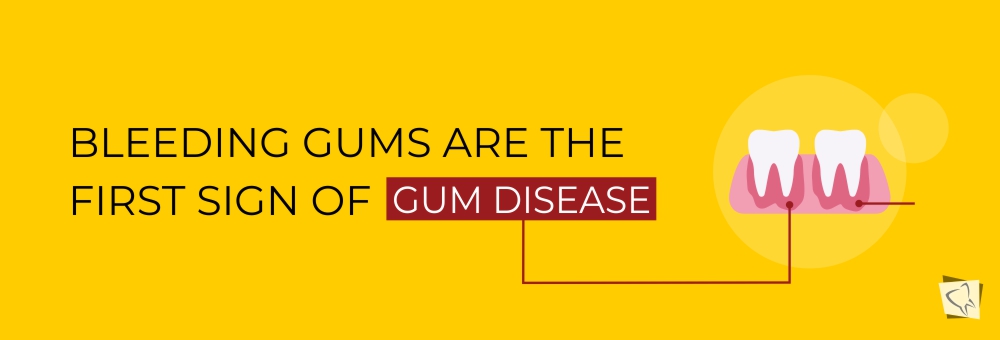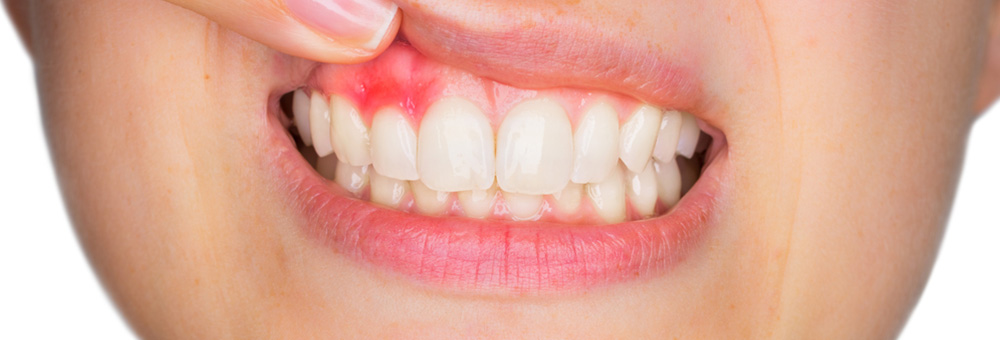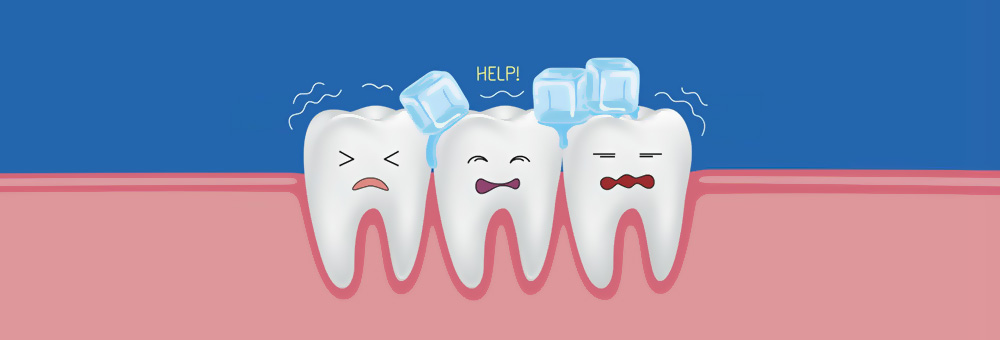
Dental and oral health is an essential part of your overall health and well-being. Poor oral hygiene can lead to dental cavities and gum disease, Dental Symptoms, and has also been linked to various medical conditions affecting the whole body. Sometimes, you might experience dental symptoms that indicate a problem in your oral health.
Here are a few Dental Symptoms that should not go undetected:
1. TOOTHACHE

A toothache should be evaluated by a dentist right away to determine the cause of the problem. Delaying diagnosis and/or treatment could lead to more involved and complicated treatment.
2. SENSITIVE TEETH
If your teeth hurt when you drink hot or cold beverages, you may have sensitive teeth. This can be the result of tooth decay (cavity), fractured teeth, worn fillings, gum disease, worn tooth enamel or an exposed tooth root due to gum recession.
This condition can be caused by a variety of situations, here are a few:
- Brushing too hard.
- Using a hard bristled toothbrush
- Plaque build-up or gum diseases
- Acidic foods and beverages
- Teeth grinding or clenching.
- Cracked tooth.
Treatment will depend on the source of sensitivity. If you’re concerned about the sensitivity of your teeth see your dentist for a thorough diagnosis and your treatment options.
3. BLEEDING GUMS & SORE GUMS

- An infection in the tooth or gums.
- Gingivitis (inflamed gums)
- Periodontitis which is commonly known as ‘Gum Disease’
- A vitamin deficiency (mainly vitamin C)
- Poor fitting dentures or problems with existing dental implants.
If your gums bleed regularly, or enough to worry you, make an appointment with your dentist. Bleeding gums are not normal and is a sign that your body is telling you that something is wrong.
4. MOUTH SORES

- Viral infections
- Bacterial infections
- Conseuqneces of tobacco use.
- Chemotheraphy and Radiation.
- Vitamin or mineral deficiency.
- A pre-cancerous or cancerous condition
If you notice a spot in your mouth that does not heal on its own within 7 days or changes over time, it’s time to see your dentist right away.
5. BAD BREATH

- Dry mouth
- Smoking
- An infection
- Tonsil stones
- Acid reflux or cancer.
6. STAINED OR DISCOLOURED TEETH

- Eating certain foods, such as coffee or tea.
- Smoking or chewing tobacco.
- Aging or genetics.
- Certain medications like tetracyclines or antihistamines.
Check with your dentist about your options for stain removal. Depending on the simplicity of the cause for your stains, multiple options for treatment are available.
We hope this article was useful to you. We stress the importance of having 6 months checkups with your dentist. If you have any pain or symptoms that are not normal, call your Dentist immediately.
Schedule an appointment with us today to keep your oral health in check!





